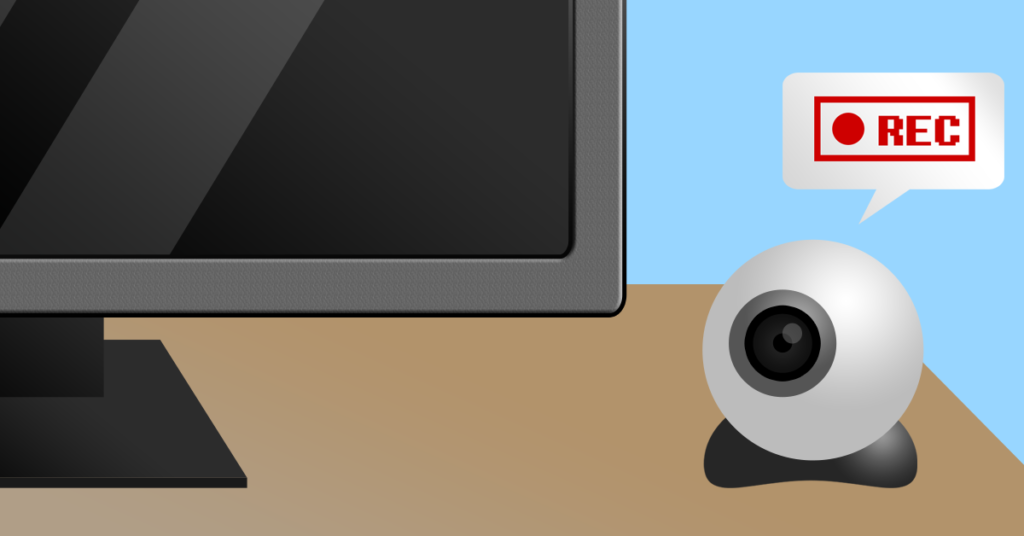
Recently many users have reported receiving scam messages from individuals claiming to have intercepted their username and password. These messages often state they have been watching your screen activity and webcam while you have been unaware….creepy!
Typically, attackers threaten to broadcast footage to your contacts, colleagues, or social media channels. Demanding payment in Bitcoin, malicious hackers blackmail their victims to keep confidential information private.
Where Have the Attacks Come From?
In many cases where hackers have claimed to have a victims’ password, this has turned out to be true. A password you may be using now, or in the past may be listed in the scam email.
In the last few years alone, many large websites and organisations have suffered database hacks which have released confidential details on huge numbers of their users. LinkedIn, Yahoo, and Myspace all suffered massive and devastating hacks. Some users of these services are still feeling the consequences today.
The details leaked from these sites, and others facing the same issues, are sold online for years after the initial breach. Hackers will buy username and password combinations in the hopes of reusing them to access services, steal money, or blackmail their owners.
How to Respond
If you have been contacted by one of these hackers, it is a scary reality that they could have access to your credentials, data, and online services.
The only thing you can do in response to this type of email is to ignore it. This “we recorded you” email is a scam made much more believable because they probably do have one of your real passwords gained from a site hack.
That said, accounts that share the same password should be changed immediately. Security on additional services you use should be updated too.
Self Defense On the Web
When using online services, a unique password for every site is your number one defense. A good password manager makes this practical and straightforward too.
Using a different password for each site you use means that hackers can only gain access to one site at a time. A hack in one place should never compromise your other accounts by revealing the single password you use everywhere.
Often, people think that maintaining many passwords is hard work or even impossible to do. In truth, it’s almost always easier to keep tabs with a password manager than it is to use the system you have in place today.
See our earlier post on how to manage your passwords here.
Password management services offer a host of features that help you log in, remind you to refresh your security, and make your safety a number one priority. After using a manager for just a short time, you can be forgiven for wondering how you managed without it.
If you think you might have been hacked already, or want to prevent it from ever happening, give us a call to at 1800 552 776 to update your security.
